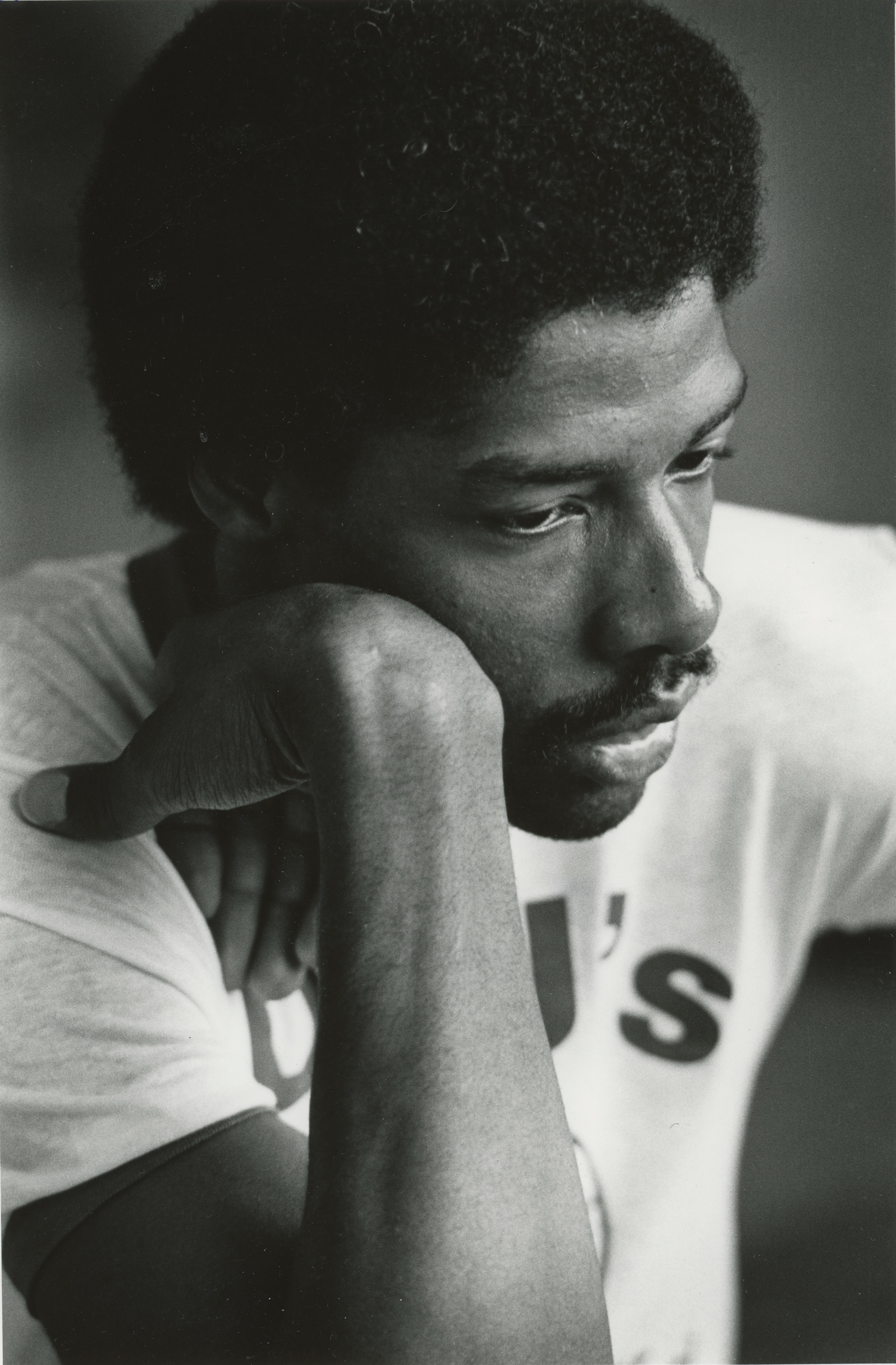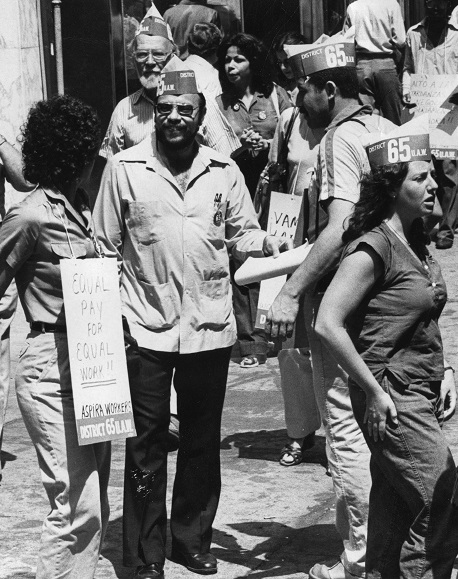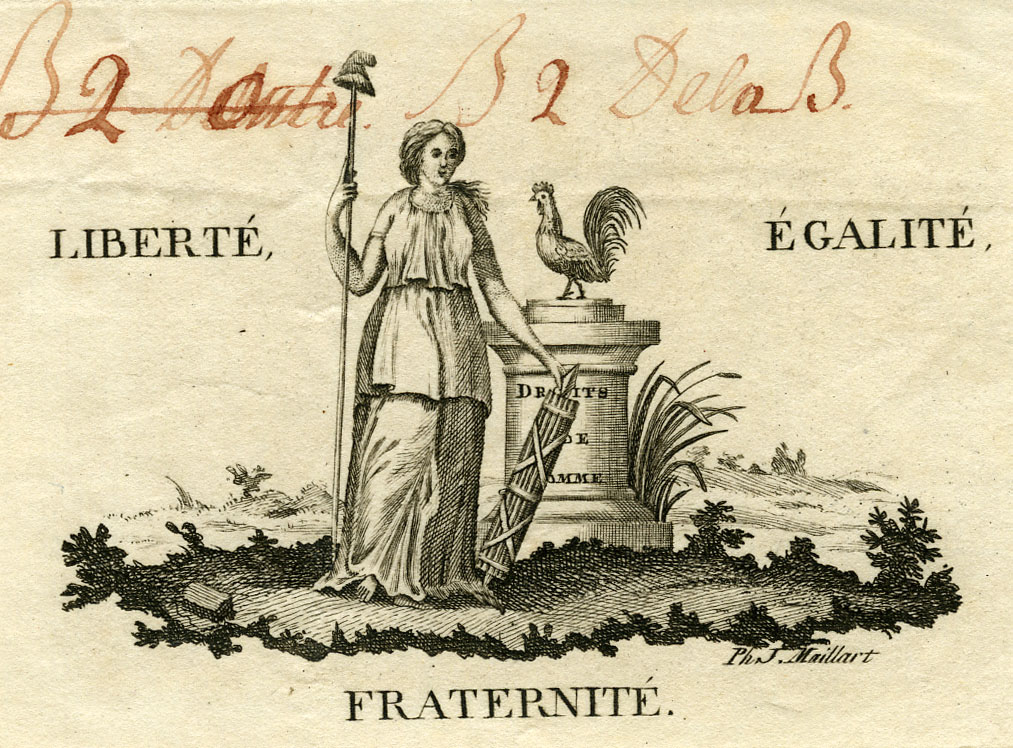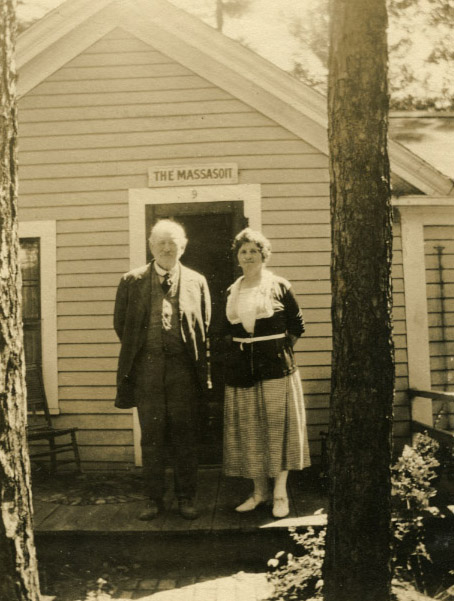Mark Sommer Papers
Mark Sommer is an explorer, storyteller, and award-winning public radio and print journalist focused on advocacy and narratives of social, political, and environmental change and positive action. In Washington, D.C., Sommer found himself on hand for some of the 1960s pivotal moments, where he was involved with the Liberation News Service and the New Left think tank, the Institute for Policy Studies. Sommer moved to California in 1969 to explore the counterculture, spending several years journeying – spiritually, psychedelically, and physically between communes, farms, and wilderness homesteads along the western coast – before he and his wife built a self-reliant organic homestead in the deep woods of northern CA, where they lived from the 1970s to the 1990s. The resilience of nature deeply impacted Sommer’s outlook and work as a writer and journalist, driving his interest in the human capacity for overcoming adversity. Sommer founded and directed the Mainstream Media Project, a nonprofit media placement service scheduling leading edge thinkers and social innovators for extensive radio interviews, and Sommer served as host and executive producer of the internationally syndicated and award winning, one-hour weekly radio program, A World of Possibilities. Sommer is the author of three books (Beyond the Bomb, The Conquest of War, and Living in Freedom), and hundreds of op-eds in major newspapers worldwide. Current projects include short and movie length videos crafted from his photographs, films, interviews, and experiences.
Chronicling over five decades of creative and journalistic output of a life-long explorer and progressive advocate, the Mark Sommer Papers are an extensive collection, covering Sommer’s entire career and personal life from the late 1960s to the present. Writings include personal and multiple travel journals (including a unique trip to North Vietnam in 1968), correspondence, student essays, op-eds, articles, project and grant plans, memoirs, and book manuscripts. Additional journals exist in audio format, along with radio interviews where Sommer served as a guest. Slides, photographs, and movies cover Sommer’s family and home life to his wide-ranging travels and interests. Some main topics of coverage include foreign policy and international politics, progressivism, peace and conflict studies, the anti-nuclear and disarmament movements, wilderness and back-to-the-land experiences, and later in life fatherhood. Materials from Mainstream Media Project have been separated into the Mainstream Media Project Records.





